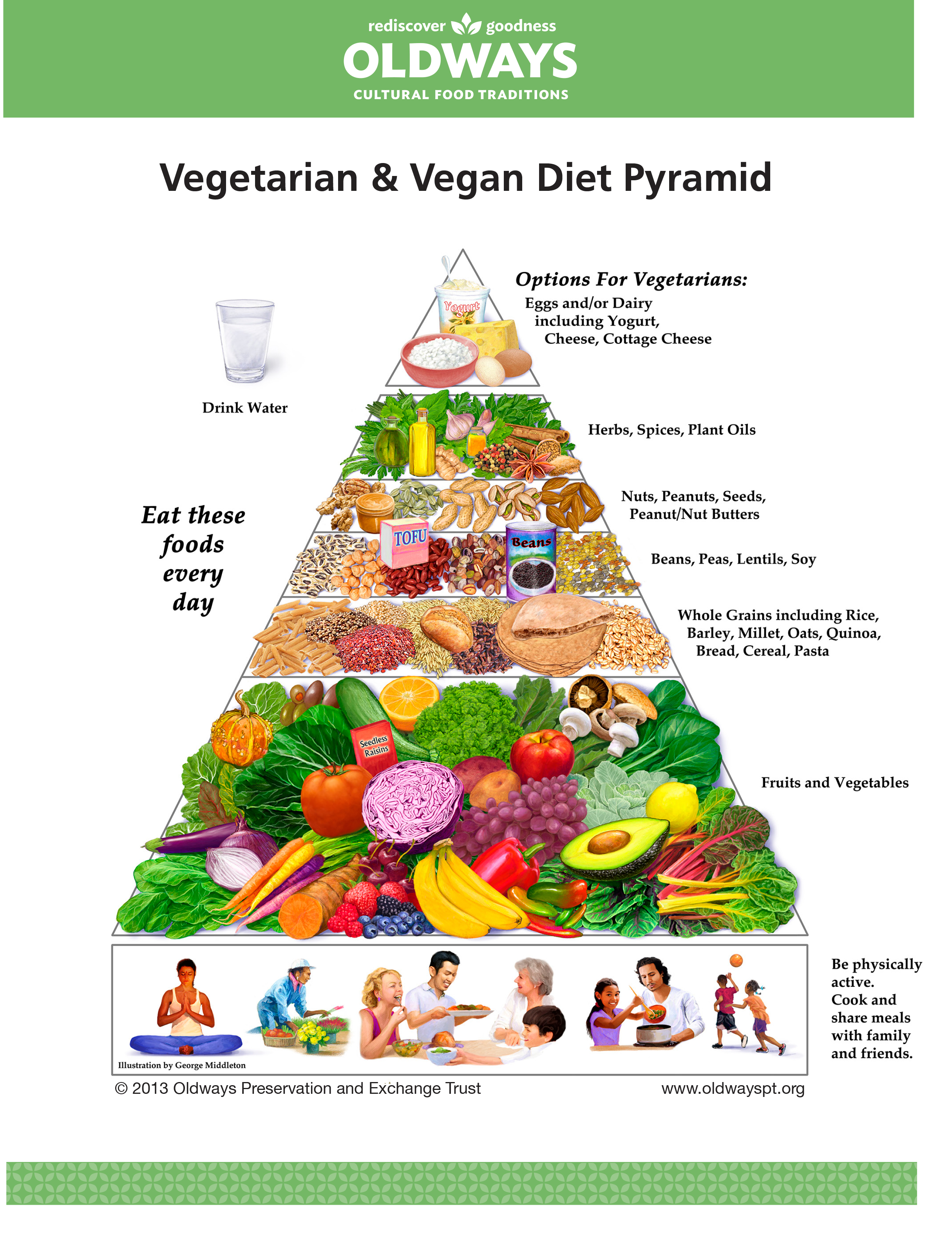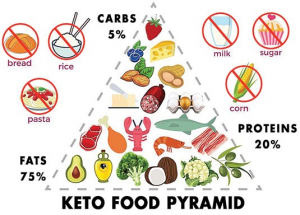Intermittent fasting (IF) is trending in the fitness space. Even those outside the fitness world have probably heard of IF and you may be curious about its effects on you and especially your athletic performance. The craze is big and if it suits your lifestyle, IF could be both good for your health and, if used correctly, good for your athletic performance.
What is Intermittent Fasting?
Intermittent fasting is simply the concept of eat-stop-eat. There is a period of prolonged time without food. Most fasting protocols involve 16 hours or more without food each day. There are purported health benefits, such as loss of body weight, mental clarity, improved insulin sensitivity, and autophagy (clearing of damaged cells in the body). Various fasting regimens may suit you better, such as 16:8 (fasting:eating), 20:4, or 22:2.
Fasting and Exercise
An article which reviewed the effect of IF on athletes during Ramadan found that there are little to no negative effects of IF on exercise performance in endurance training (running, cycling, etc.) or resistance training (lifting weights). There was also no clear athletic benefit to IF, though the authors stated that only short-term fasts were studied. Longer term adaptation to IF may produce different results, so your own testing of your body is important.
Another review article found that IF is effective for reduction of fat mass, improving body composition. The study did find a slight reduction in VO2 max, a marker of intense exercise capacity. VO2 max is the oxygen consumption during exercise, an important measure of capacity. Athletes considering IF as their dietary regimen should consider what benefit they wish to gain. A possible slight reduction in performance may be insignificant if your goal is to get leaner while someone chasing peak performance may find better benefit from a non-fasting diet.

Conclusion
Intermittent fasting does not appear to produce athletic benefits. The literature shows a general consensus on no negative effect of fasting regimens. The most important thing to consider when choosing a diet is what you can sustain. Dietary changes are not meant to be short-term: we should aiming for what we can do for life. If intermittent fasting is something you’re interested in, give it a shot (after consulting a doctor) and see what benefits you may gain.
References
Correia, J. (2020). Effects Of Intermittent Fasting On Exercise Performance And Body Composition: A Systematic Review And Meta-analysis. Medicine & Science In Sports & Exercise, 52(7S), 456-456. https://doi.org/10.1249/01.mss.0000678884.52960.d2
Levy, E., & Chu, T. (2019). Intermittent Fasting and Its Effects on Athletic Performance. Current Sports Medicine Reports, 18(7), 266-269. https://doi.org/10.1249/jsr.0000000000000614


